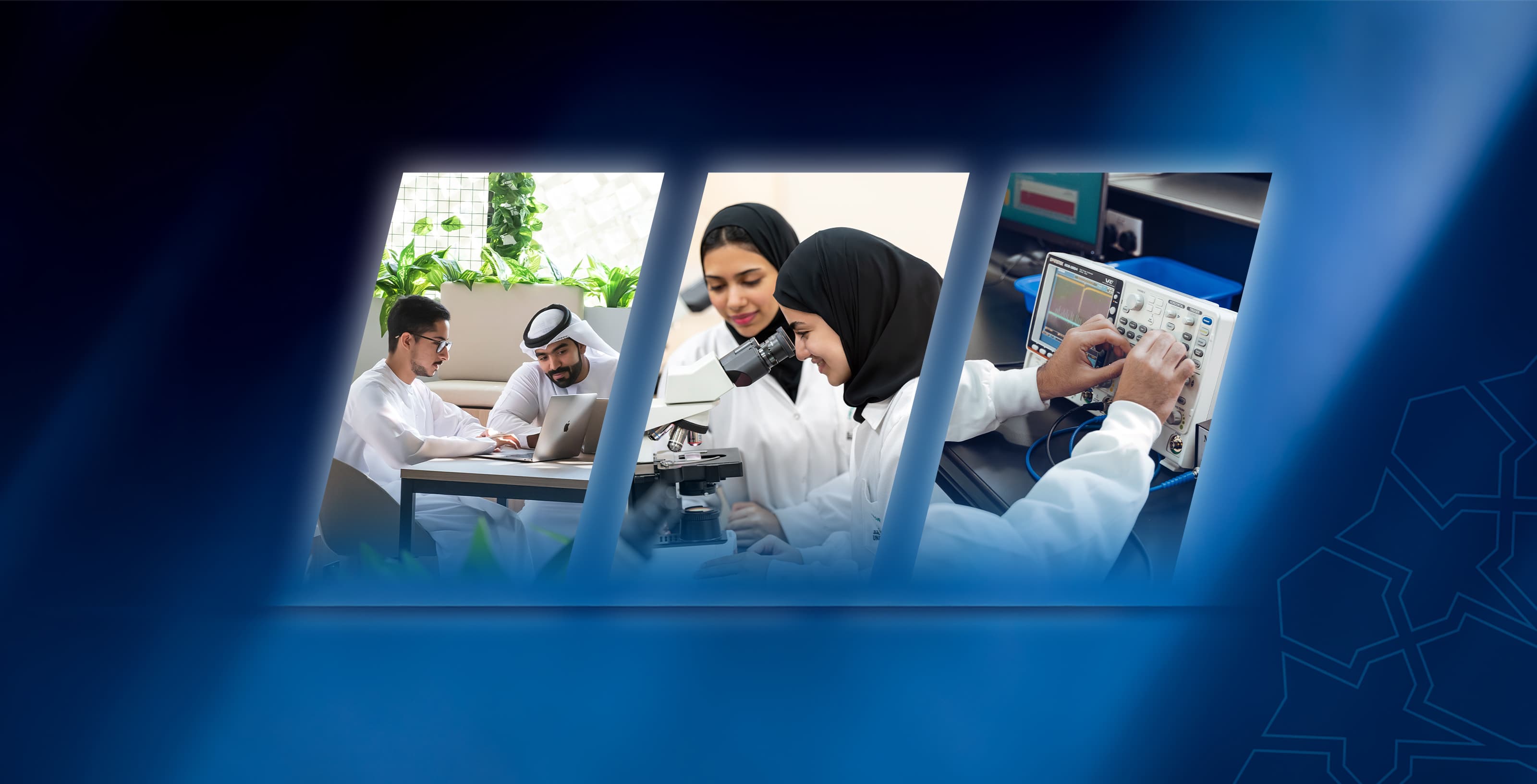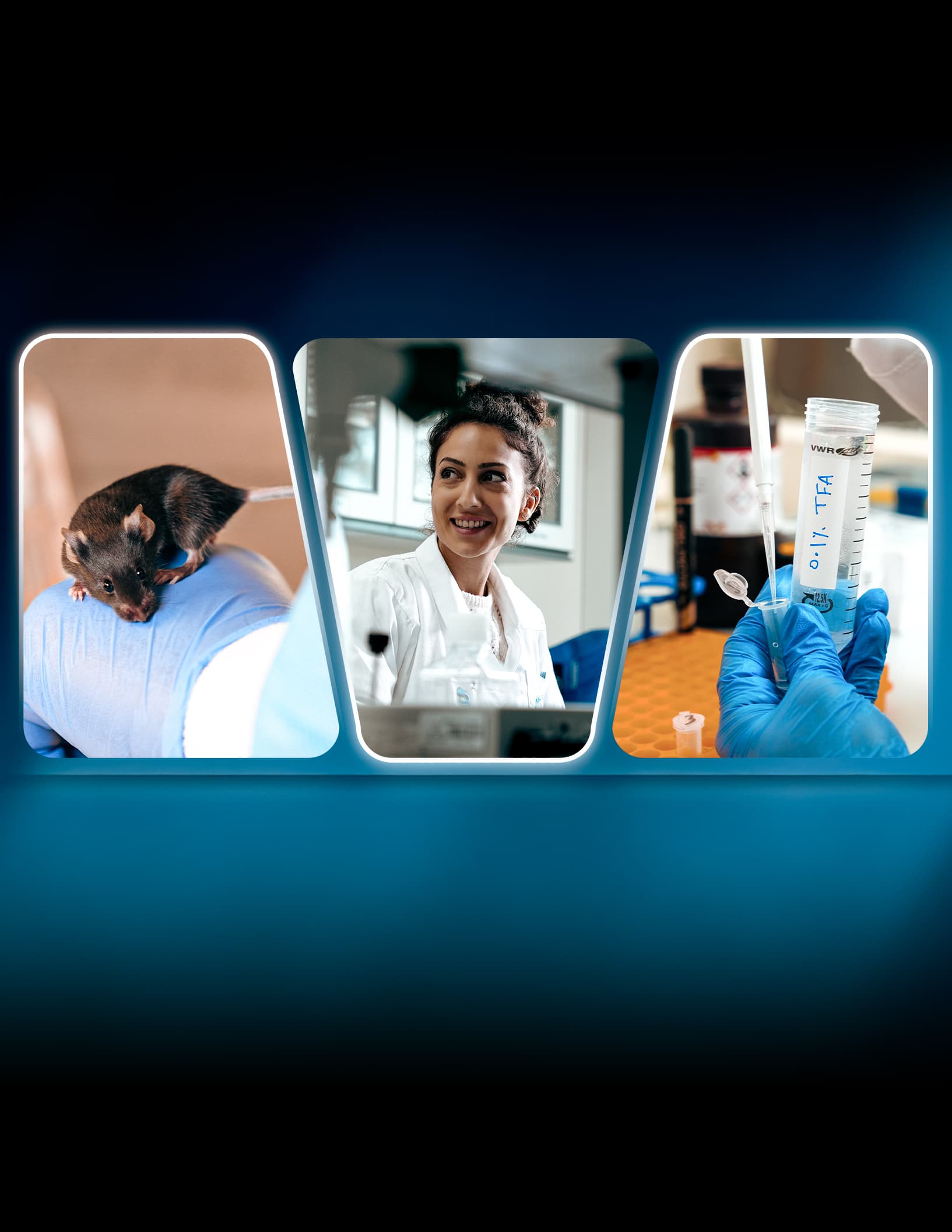Overview
Goals and Objectives
Our Team
Lines of Research
Publications
The Health and Workforce Studies Research Group brings together an interdisciplinary team dedicated to advancing knowledge at the intersection of health and workforce dynamics. Leveraging the diverse expertise of its members, the group promotes collaboration and methodological complementarity across disciplines.
Our research agenda is action-oriented, using mixed methods such as document review, secondary data analysis, surveys, qualitative interviews, and ethnographic fieldwork. These approaches generate context-specific insights and inform practical, evidence-based solutions.
We strive to be a leading regional hub for workforce research, with a focus on improving physical, psychological, and professional work environments across UAE sectors, particularly in Sharjah. A core priority is working closely with stakeholders to design sustainable interventions that promote employee well-being and support national and local strategic goals.
Alongside this, the group builds partnerships with local, regional, and international researchers and centers of excellence. We contribute to peer-reviewed publications, national and international conferences, and the training of students at the University of Sharjah and beyond.
Key Research Questions
- What is the current state of physical, psychological, and professional wellness across UAE sectors, with a focus on Sharjah?
- Which evidence-based policies and practices can foster supportive, healthy work environments?
- How can these interventions be effectively implemented to create swift and sustainable improvements?
Main Research Areas
We focus on workplace health and well-being in the UAE, exploring how technology, gamification, and incentives shape healthy habits. Our studies address resilience, job retention, sleep and productivity, and mental health challenges such as stress, burnout, and depression. We also examine work–life balance and equity within the UAE’s diverse workforce.
1. Physical Health and Environment
- Ergonomics and workspace design
- Air quality, sleep, nutrition, activity
- Smoking cessation and health checkups
2. Psychological Environment
- Stress, anxiety, burnout, depression
- Work–life balance and resilience
3. Professional Environment and Support Systems
- Leadership and workplace strategies
- Policies, KPIs, and incentives
- Crisis preparedness and infection control
- Examine the health and well-being of the UAE workforce across physical, psychological, and professional dimensions, with a focus on priority sectors in the Emirate of Sharjah.
- Benchmark workplace practices against global standards to identify critical gaps and opportunities for improvement.
- Generate actionable, evidence-based recommendations that are locally relevant, gender-responsive, and sustainability-oriented.
- Engage with decision-makers and institutional partners to ensure research findings are translated into meaningful, system-level changes.
- Apply systems and implementation science approaches to enhance the feasibility and uptake of interventions.
- Design and test innovative, tech-enabled workplace interventions, such as digital tools or wearable monitoring, through pilot studies and evaluations.
- The integration of technology for improving the healthy habits in the workplace.
- The gamification of healthy workplace programs and their relationship to productivity and health outcomes.
- The means to support and enhance the resilience of the workforce and its relationship to job retention.
- Sleeping patterns and their relationship with the general health status and productivity at work.
- The level of anxiety, stress, burnout and depression and their relationship with productivity, absenteeism and turnover intentions.
- The role of incentives and motivations in improving the healthy habits in the workplace (eating, exercise and movements, etc.)
- The work-life balance across the various sectors, how to measure it in a contextual manner and the way to improve it.
- Explore the opportunities and challenges that arise from the diversity of the workforce in UAE.

